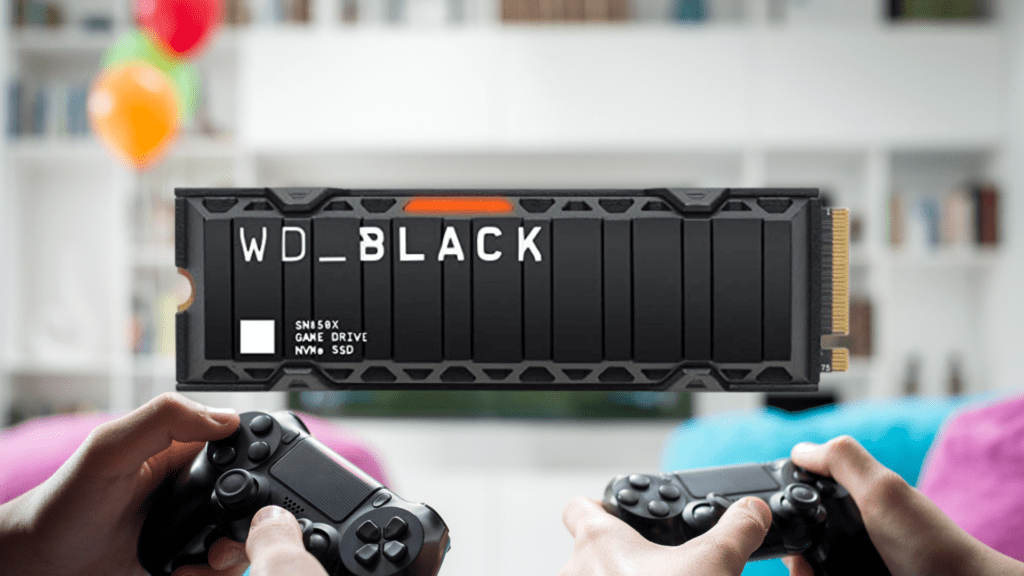Your cart is currently empty!
Alongside computational power, the role of SSD type storage is misrecognised in console gaming which is difficult to replicate in 5G environment under present network quality being delivered.
One of the redefining moments of 5G is cloud gaming. Its that killer application that we all in the ecosystem feel will drive mass adoption and have a significant contribution to play in the consumer adoption of 5G technology. However, do we really see that happening? We are now 10th month since 5G services were launched for commercial use in India. Despite millions of users on 5G and many more owning a 5G device, essentially smartphone, there is no excitement or game changing effect of 5G as was before in the case of 4G where a leap jump was experienced by anyone who would upgrade. 4G had one or the other thing for every consumer. Some had more of fun while some saw direct impact on their livelihood.

Generations after generations we are seeing an anchor use case of technology. As regards digital, the traditional window of 25 years defining a generation doesn’t hold true. Here, after every 10 years we see a substantial change in the preferences. In 4G alone we saw two use cases triggering widespread adopting in two user segments, one after the other. Social media triggered interest of one generation and later OTT entertainment got in another generation. Definitely, cloud gaming is something that will bring another generation on the digital scene. But will that come through 5G? That’s the big question we have!
May be a decade from now we might see 5G networks so mature that cloud gaming would be delivering the experience that gamers would want. Though that time we might already been upgrading to 6G and perhaps following the same cycle. But we can expect 5G doing justice with the cloud gaming and delivering equivalent experience of what we get through console-based gaming.
In all these years we have been emphasizing on the processing capabilities of computers including specialised computers like gaming consoles of Xbox and PlayStation. General belief is that due to the advanced computational performance along with rich graphics computation these consoles are able to deliver the experience we get, very immersive. Since the latest editions of these consoles were introduced, we saw additions to the immersive experience in the form of haptics, etc.
However, one of the very important aspects of the present experience is the smooth performance delivered by storage component, which is essentially an SSD type storage. The computational power both in terms of general compute as well as the graphics compute can only work to its best if it gets that volume of data which can be quickly processed and then rendered on the screens for gamers to immerse. Storage plays an important role in delivering this experience which most of us as users tend to miss.
Theoretically, 5G has all the capabilities to deliver the requisite bandwidth, speed as well as compute to our endpoints virtualising our hardware making cloud-based architecture a viable substitute without impacting the experience. But, in reality, we all are seeing how 5G networks are delivering. They may be capable of delivering the bandwidth, but in speed as well as computational capabilities we are not yet there. In my view the biggest challenge for 5G networks will be to replicate the experience of SSD IOPS without which the gaming experience cannot matched to that of what consoles deliver.
In present form and the quality of networks that 5G networks are delivering in the country, it does not seem to have game changing qualities that it can introduce cloud gaming as an application that virtualises console-based gaming and we see gaming becoming accessible and affordable to millions of users who cannot afford a console. Either the telecom operators will have to match the experience or find out the next best opportunity that can add to the transformational tag of 5G technology, which has only disappointed us as consumers so far.





One response
[…] Jio is likely to launch an affordable 5G-enabled phone, as rumors and initial appearances on social media claim it to be coming into the […]